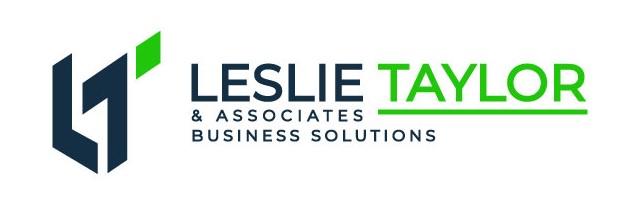Several years ago, my dentist’s practice was a victim of fraud. It was an inside job. An employee embezzled more than $2 million. After the incident, the owner, Roger Abbott, said,
“It’s my responsibility to put the systems in place so I don’t tempt anyone again.”
Bingo! Read that first part again.
It’s my responsibility as the owner to put systems in place.
You can put systems in place to minimize the chances fraud occurs in your business.
According to the Association of Certified Fraud Examiners, fraud occurs because 3 things are present: financial pressure, opportunity, and rationalization (Donald Cressey, Criminologist). In fact, most people who commit fraud are not career criminals and don’t have a criminal history. On a side note, my aunt and I debated whether some of these folks were actually career criminals and just had never been caught. Either way, there are things you can do to protect your business.
Fraud hits small businesses harder
Unfortunately, fraud hits small businesses harder. Here are a few statistics to note:
Small businesses lose almost twice as much per scheme
(Association of Certified Fraud Examiners)
60% of small business fraud victims didn’t recover their losses (ACFE)
Fraudsters who had been with their company longer stole twice as much (ACFE)
While there is no way to completely guarantee that your business will never be a victim of fraud there are some easy ways that you can significantly reduce the risk of becoming a victim.
- Separation of Duties – This is a fancy accounting term that means while it is great to hire someone you trust, it is wise to implement processes that safeguard your money. To reduce the possibility of fraud and/or error, it is best to have at least two individuals involved in the financial process. This is so you can have some checks and balances on the process to deter and potentially detect fraud. For example, the person responsible for handling (receiving or disbursing) the money should not be the same person reconciling the books.
- Owner Oversight – As the owner, regularly check bank accounts. Also, have a basic understanding of your financial statements and review them regularly so you are aware of what is happening. Additionally, make sure bill payments are made with some level of oversight or approval (by you or a manager) using apps like Bill.com or Melio can streamline this process.
- Password security – You probably already know to keep them close and make them strong. If you need to grant access to accounts set up new users with restricted access, such as read only, for accounts such as banks, Shopify, Stripe, etc. If it is absolutely necessary to share a password, use apps like LastPass to make passwords available and usable without sharing them outright.
- Keep Documents Secure – Do not email sensitive documents as email is not secure. Use secure storage sites and portals.
Need guidance with getting these systems in place? I’m here to help. As a business solutions expert, I have helped dozens of businesses untangle complex issues and clarify a path to greater profitability.
Email info@ltaylorassociates.com so we can discuss how I can help.
If you enjoyed this content and want more of the same check out my free guide Do This, Not That: 5 Things Keeping Your Business From Reaching Its Fullest Potential where I discuss common barriers to profitability that I observe among most small businesses.

